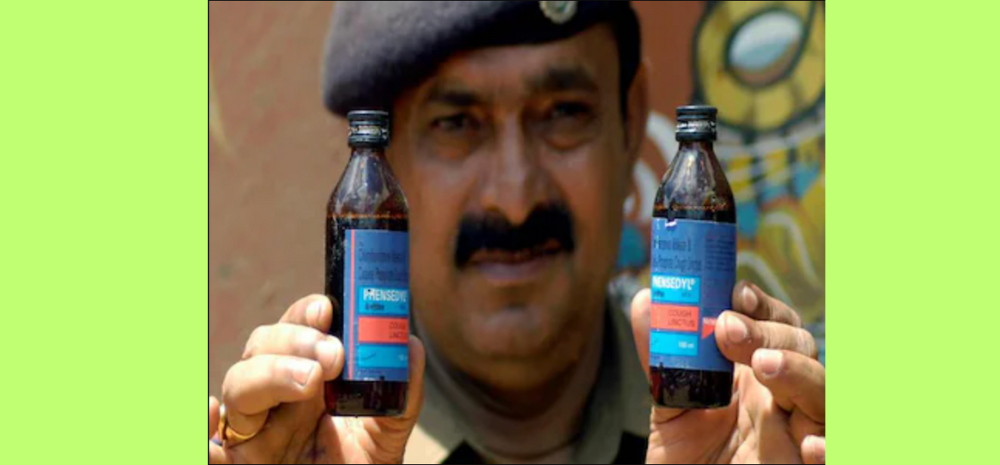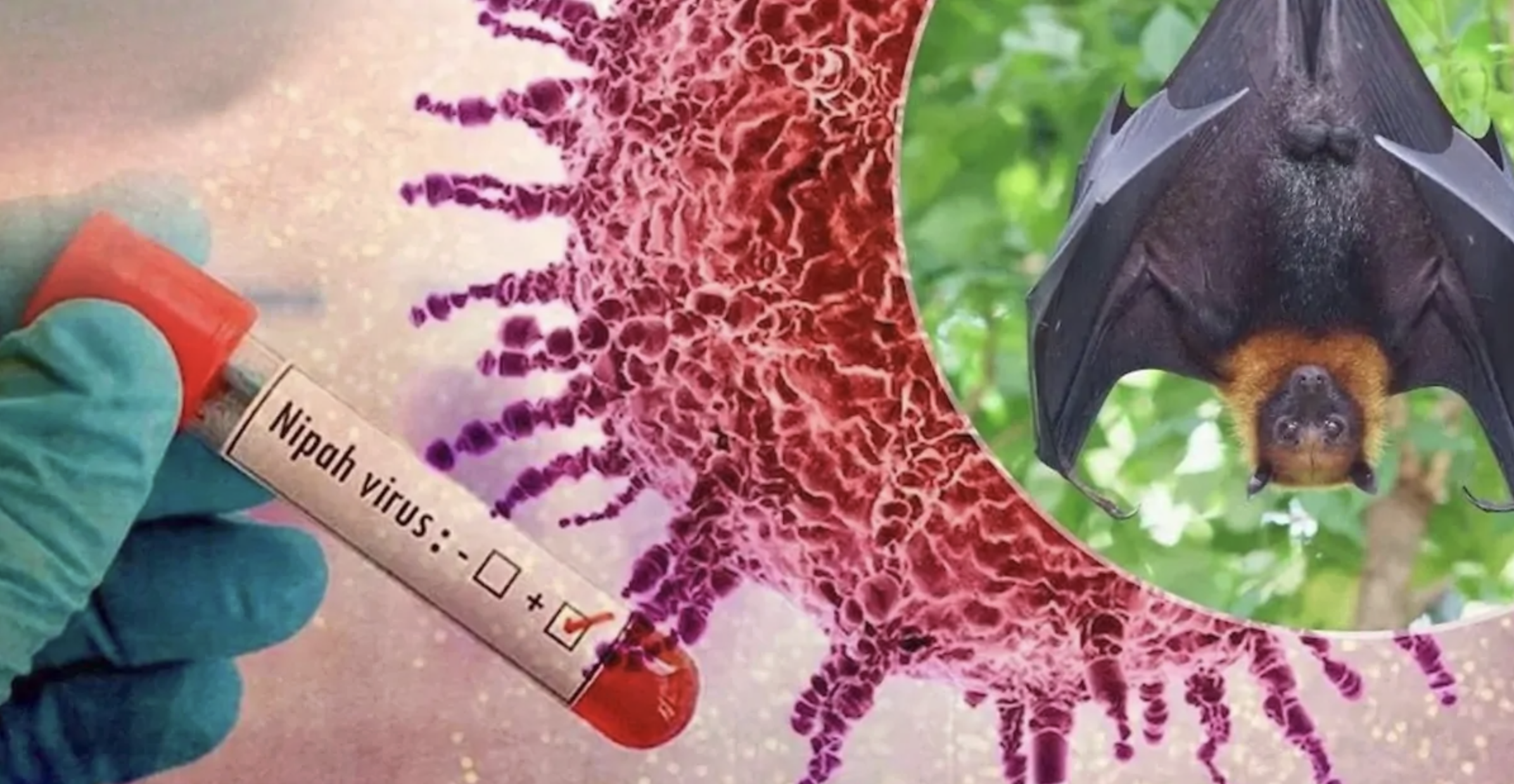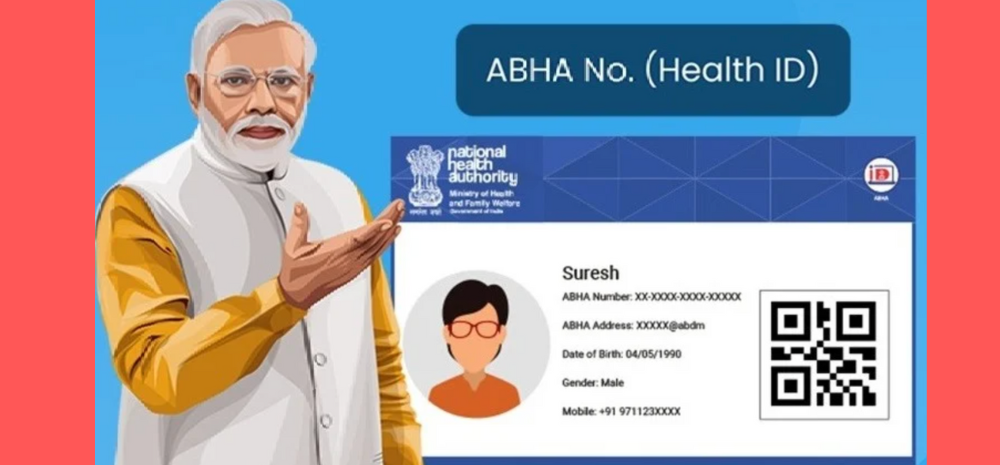More than a hundred Indian pharmaceutical businesses’ cough syrups have failed quality testing.

Toxins found in these unsuccessful cough syrups have been connected to the deaths of over 141 children in Uzbekistan, Cameroon, and the Gambia.
Toxins Found in Indian Cough Syrups
Children in Gambia were exposed to tainted cough syrups that contained either ethylene glycol (EG) or diethylene glycol (DEG).
Among the children impacted, the pollution caused a high number of cases of Acute Kidney Injury (AKI).
The Indian government has mandated that pharmaceutical businesses follow new guidelines for manufacture.
The Modi administration has tightened oversight in an effort to boost the $50 billion pharmaceutical sector in India. It is the duty of manufacturers to guarantee the efficacy, safety, and quality of their pharmaceutical products.
Businesses To Make Sure That Products Meet All Licensing Criteria
Businesses need to make sure that their products meet all licensing criteria and are suitable for the intended usage.
Only after the ingredients have passed satisfactory testing can finished goods be sold. Businesses must have enough sample quantities of their intermediate and finished goods on hand in case they need to do additional testing or verification.
India’s medicines regulator is updating the procedure for approving exports of pharmaceuticals. The quality and safety of Indian medications have raised concerns around the world, which prompted this redesign.
Improving India’s Certificate of Pharmaceutical Product (CoPP) is the most recent initiative.
The World Health Organization’s good manufacturing practices certification will be in line with the CoPP.
In terms of volume, India has the third-largest pharmaceutical industry in the world.
Globally, India is the top supplier of generic medications. More than half of the world’s vaccine demand is met by India – approximately 40% of the US market for generic drugs is supplied by India and twenty-five percent of the drugs used in the UK are imported from India.













